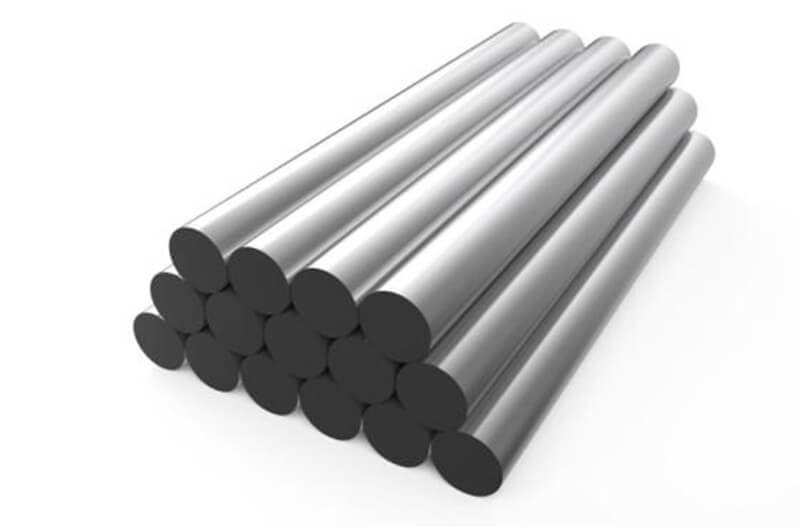Niobium C-103 niobium-hafnium alloy is a high-performance metal alloy that has found a variety of applications in engineering, particularly in nuclear power, due to its unique combination of properties.
Nuclear Power Industry
Niobium C-103 rods are also widely used in the nuclear energy industry. Because of its stability and durability in high temperature and radiation environments, niobium C-103 rods are commonly used as structural materials and fuel elements in nuclear reactors. Its high melting point and excellent mechanical properties enable it to withstand extreme operating conditions in nuclear reactors while maintaining structural stability and safety.
As well as excellent mechanical strength and heat resistance, niobium alloys can also exhibit superior resistance to radiation. This earns niobium numerous applications in the nuclear industry, alongside other refractory metals like tungsten and molybdenum.
Boasting extremely low neutron absorption cross-sections and good resistance to liquid metals, niobium zirconium alloys are commonly used for structural elements in nuclear reactors.8 Niobium also finds use in high-temperature irradiation-resistant instrumentation in high-temperature reactors.
Niobium alloys are also attracting interest for the construction of next-generation nuclear fission reactors. Recent research shows that these materials may be suitable for building structural elements in Generation IV fission reactors thanks to their superlative retention of mechanical strength at very high temperatures
Here are some of the key properties and applications of C-103 niobium-hafnium alloy:
- High Melting Point: C-103 niobium-hafnium alloy has a very high melting point of around 2,650 degree . This property makes it ideal for use in high-temperature applications, such as rocket propulsion systems and jet engines.
- High Strength: The alloy is also known for its high strength and excellent resistance to corrosion and oxidation at high temperatures. This property makes it well-suited for use in critical components in engines and exhaust systems.
- Low Thermal Expansion: C-103 niobium-hafnium alloy has a very low coefficient of thermal expansion, which means that it does not expand or contract much with changes in temperature. This quality is essential in applications where dimensional stability is crucial, such as in the manufacture of precision instruments.
- Radiation Resistance: The alloy has excellent radiation resistance properties, making it a popular choice for use in nuclear reactors and other applications where exposure to radiation is a concern.
- Aerospace Applications: Due to its unique combination of properties, C103 niobium-hafnium alloy is often used in high-performance aerospace applications, such as rocket nozzles, exhaust systems, and thermal protection shields.
- Medical Applications: The biocompatibility of the C103 niobium-hafnium alloy makes it useful for medical implants and prosthetics.
In conclusion, C103 niobium-hafnium alloy is a unique and versatile high-performance metal alloy that has found many applications across a broad range of industries, from aerospace and nuclear engineering to medical device manufacturing. Its unique combination of properties makes it a critical material in critical systems where strength, durability, corrosion resistance, and temperature stability are essential.
XOT metals is one of the biggest global providers of niobium for industrial applications, providing niobium and niobium-based alloys in the following forms:
Bar / Billet / Forging
Rod / Wire / Coil
Sputtering Targets
Sheet / Plate / Foil
Tubes
In addition, XOT metals leverages its expertise in manufacturing and process development to create custom niobium solutions for its customers. To find out more about our capabilities in niobium, niobium alloys and other refractory metals, get in touch with a member of XOT metals team.

